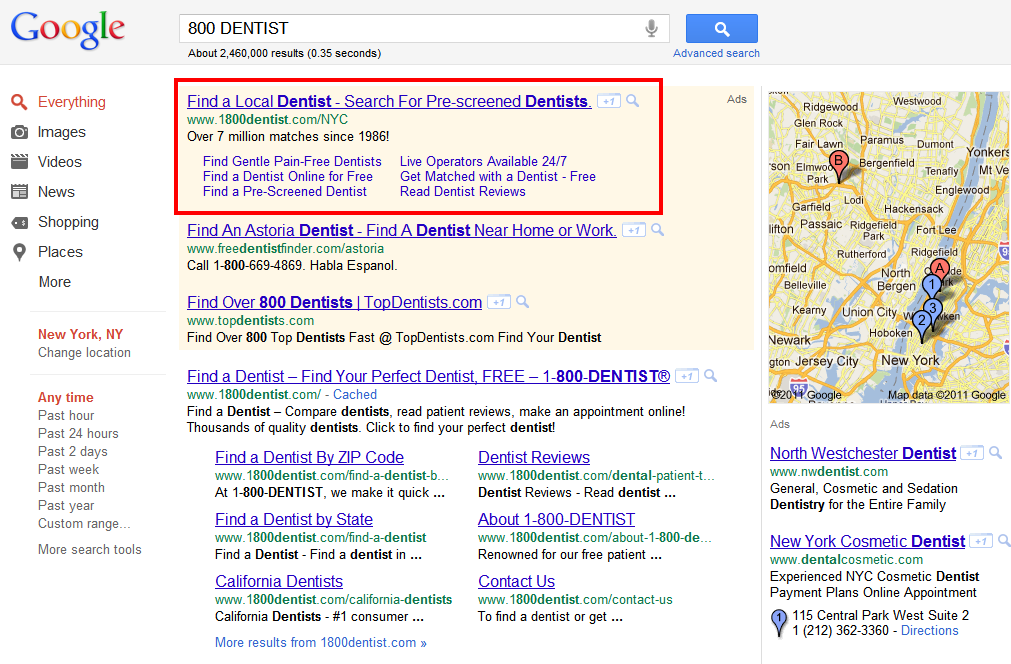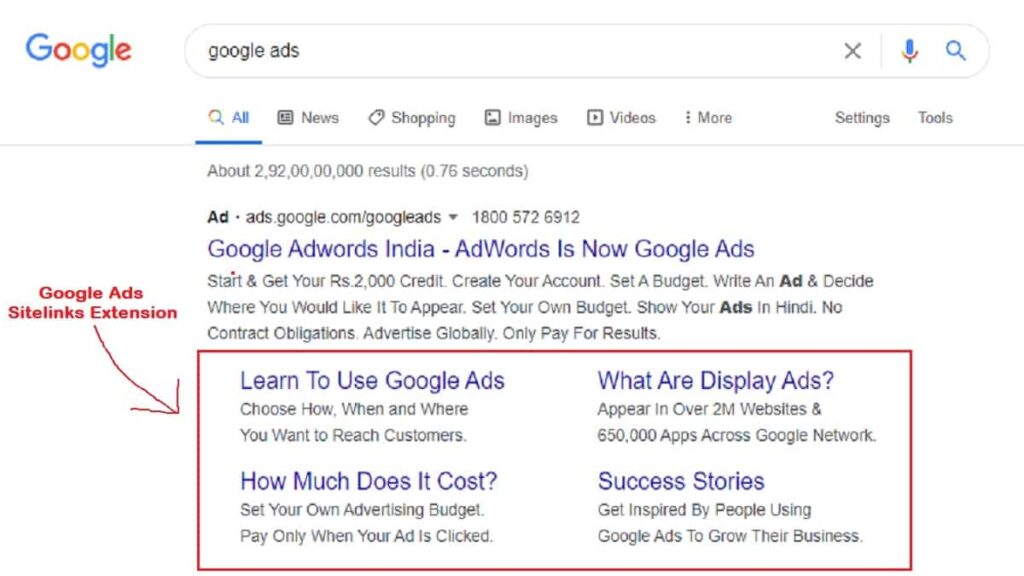

You might not think to bid on your own brand name, especially if your site already appears organically at the top of search results, but doing so lets you promote specific information (using Google’s ad extensions) and set the exact page where you want people to land. “Apple phone” or “iPhone,” for example, are branded keywords for Apple. Prioritize this campaign if resources permit.īranded keywords contain the exact names of a brand or product.

Estimated cost per click: Low (25¢ to $3).Goal: Capturing searchers actively looking for your brand by name.Let’s go over the different types of search ads: 1. You can create text ads, which display in search results marked with the word “Ad” in a small box, or Google Shopping feed ads, which surface key purchasing information, such as product photos, prices, and ratings-something that makes them perfect for many ecommerce brands. More than 200,000 people search for “protein powder” on Google every month, but there are far fewer searches for “vegan protein powder.” Google will let you bid to advertise your brand on both of these phrases individually, but the more specific search term likely will convert better because it’s more relevant to your product. Say you’re selling plant-based protein powder.

You can run search ads that promote your products and services directly in the search results of a specific query and even narrow your targeting to users in a certain geographical area. You can inform how you advertise on Google based on the average volume of monthly searches for a given query, the estimated cost you would pay per click, and other data Google makes readily available. This makes Google a powerful marketing channel for a variety of businesses. Search adsĬonsumers generally use search engines-unlike social media-with a specific intent in mind: to search for answers, get solutions to their problems, or find specific products or services. Need some inspiration first? Check out these 12 Powerful Google Ads Examples From Ecommerce Brands.


 0 kommentar(er)
0 kommentar(er)
